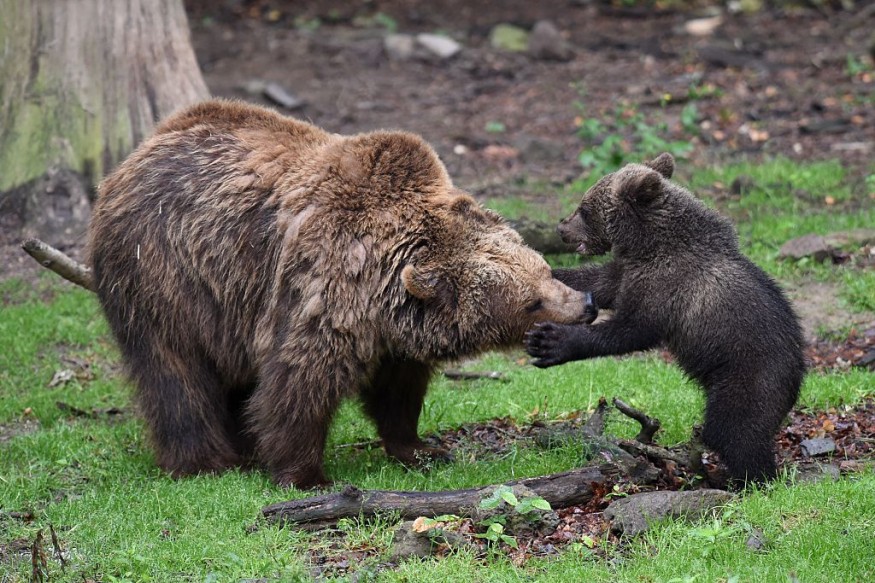Bear predatory attacks can likely become more common due to climate change, shortage of food supplies and habitat loss.
Researchers observed that food supplies can significantly affect human-wildlife interactions. It can cause potential dangers to animals and humans.
Predatory attacks on animals, including bears, can become more common due to increasing habitat conflicts and lack of food sources. According to reports, bears have suffered from habitat encroachment, commercialization, deforestation and noise pollution.
The threats above can affect the health of bears, especially during the winter. The animals can suffer from environmental threats. As a result, understanding the bear behavior is crucial to protect their species.
Climate Change Effects on Bears

When seeing bears, people are strictly advised to avoid giving food to avoid habituation to humans. However, the new report highlighted the increasing shortage in food sources can cause potential encounters between people and bears.
The expanding areas for people could harm bears' habitats, causing potentially unpredictable interactions with humans and predatory attacks.
In 2019, people were shocked after a grizzly bear killed a mother with her baby in Yukon. The report highlighted that the said bear lacked sufficient body fat to survive the long winter. When the bear noticed something moving, the animal took advantage. However, it was a human target.
In Yukon, climate change has also impacted the region's winter and animal hibernation. The lack of ice could lead to a decline in number of seals.
Climate change is also a factor that affects bear behavior and food forage. The effects of climate change can result in rising temperatures, threatening bears' food sources and hibernation.
Without healthy diets, the cubs' mortality can be affected due to lack of sufficient nutrition amidst the problems of lack of snow in their habitats. For the polar bears, the rising temperatures can cause Arctic sea ice melts that make it challenging for animal breeding and hunting.
Furthermore, the report urged more researchers to study bear behavior and the impacts of climate change.
Climate Change, Rising Temperatures Impacts on Coral Reef System
Marine animals can suffer from rising temperatures and climate change. The coral reef system is sensitive to temperature change, resulting in a decline in health. Corals are crucial habitats for many marine species.
The hotter ocean temperatures can cause alarming coral bleaching. In Florida, researchers investigated coral bleaching, and they found a significant decline in corals, especially the staghorn and elkhorn corals.
The arrival of El Nino can also bring more concerns to marine animals, which heat could intensify. Frequent rises in temperatures can make it more challenging for them to survive without urgent mitigation efforts.
Related Article: Alarming Florida Keys Coral Bleaching: Warm Waters, Rise of Temperatures Impact Corals
For more similar stories, don't forget to follow Nature World News.
© 2025 NatureWorldNews.com All rights reserved. Do not reproduce without permission.





